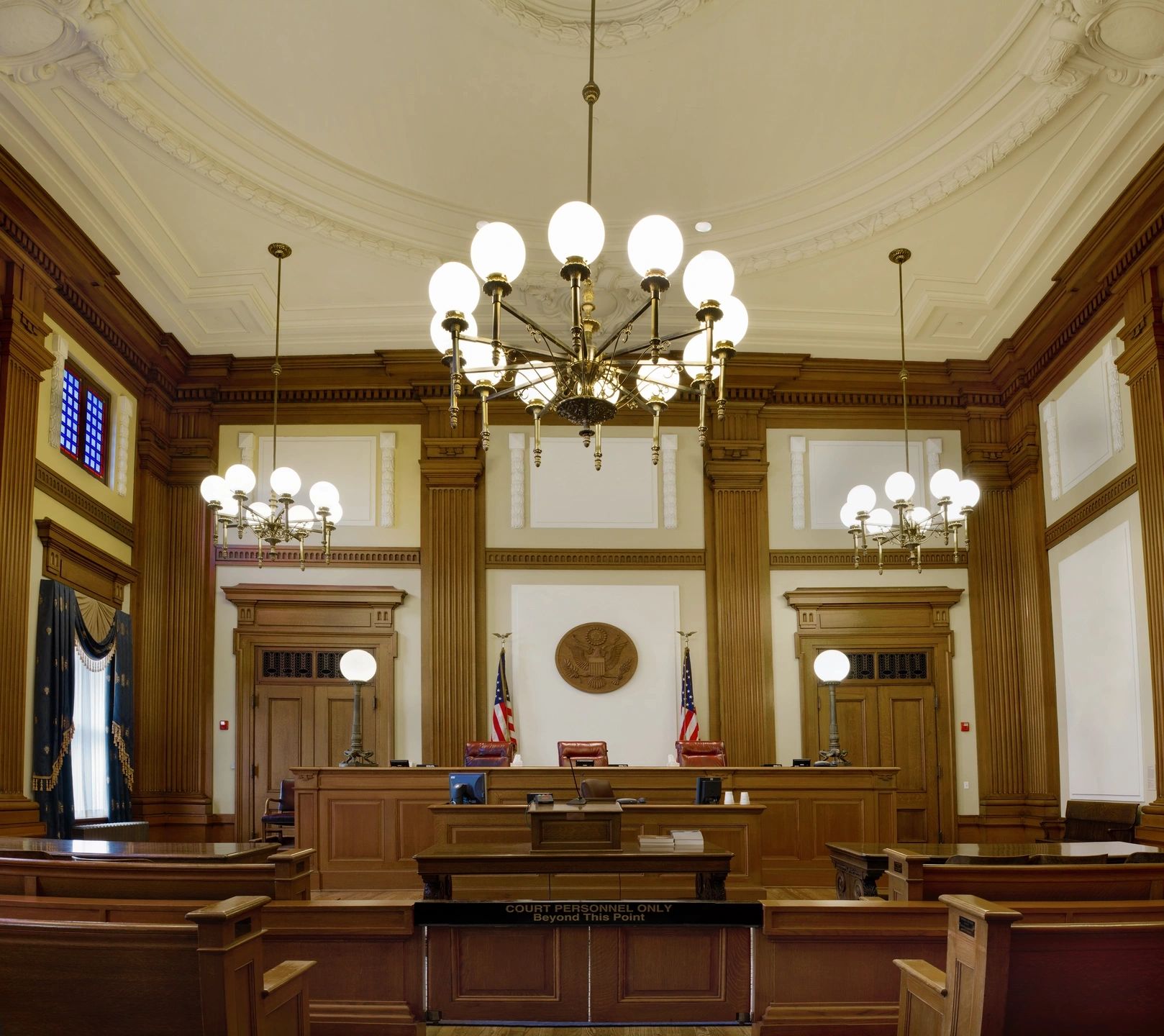
Right before Thanksgiving, American news channels provided extensive coverage of two high-profile murder trials. In both cases, the defendants were white. In one case, the defendant, Kyle Rittenhouse, was found not guilty. In the other, three white men were found guilty of the shooting death of Ahmaud Arbery.
Immediately following the jury verdict in the Rittenhouse case, a politically divided America engaged in back-and-forth commentary about the Rittenhouse decision. Some questioned if the self-defense theory would have held if the defendant were Black. Others celebrated the decision and used their platforms to position Rittenhouse’s case as emblematic of their ideology. The Wall Street Journal’s Editorial Board published an opinion piece urging respect for the jury process and the jury’s decision.
Immediately following the verdict in the Arbery case, Rev. Al Sharpton spoke to the crowd outside the courthouse in Brunswick, Georgia saying the jury’s decision marked a day that the criminal justice system took a different turn (min 2:10). Reactions to the verdict in the Arbery case were largely positive, with President Biden saying “justice is doing its job” and Newsome Hawke, co-founder of Black Lives Matter, calling it a “partial victory”.
How do Americans determine if their criminal justice system is working or not? The outcome of any one trial might not be the most reliable indicator. Public reaction to the verdicts returned in Rittenhouse and Arbery cases, however, is sending a message to America about the effectiveness of its criminal justice system.
The public’s perception of the guilt or innocence of the accused may not always align with the facts or the charges. In fact, it’s unlikely that they will because the public is not privy to the same information jurors receive. While some members of the public may form their opinions based on what they observe while attending the proceedings, most people form their opinions based on what is been reported by the press. Juror opinions are based on a much broader set of information – facts, evidence, and experiences with attorneys and witnesses. In the end, jurors reach conclusions based on rules imposed by the Court and the consensus-building process that is part of jury deliberations.
Yet despite these important differences in how opinions are formed, it’s often the court of public opinion that carries more weight.
Both the Rittenhouse and the Arbery case involved loss of life and issues of race – both of which are important topics and should be part of American social and public discourse. However, any assessment of the effectiveness of the American criminal justice system should not be based solely on the degree to which the public agrees with the jury’s findings.
The public needs more information about the facts, how each investigation was conducted, the legal basis for each set of charges, how evidence was handled, and the actions of the prosecution to determine if the verdicts in either or both cases tells us something about the state of America’s criminal justice system.
It was only last year, after the death of George Floyd, that the need to reform the criminal justice system gained increased visibility, developed broader support, and benefited from widely-attended protests and demonstrations.
In the months following Floyd’s death, numerous think tanks and thought leaders published important articles and detailed the numerous changes necessary to make meaningful, and much needed, changes in America’s criminal justice system. Some at the Cato Institute argued that the current system is rotten to its core while others at the Brennan Center noted the importance of changing mandatory minimum sentences. The Opportunity Agenda presented 10 strategies for transforming criminal justice – including alternatives to incarceration and changes to pre-trial services practices. Conservatives, and some prosecutors themselves, have called for changes in prosecutorial immunity.
Suggestions for reforming criminal justice in America date back decades. Incremental progress has been made, but much more needs to be done. The truth is, in America, innocent people go to jail for crimes they did not commit. Examples abound but the work the Innocence Project does freeing the wrongly convicted provides clear examples.
Criminal justice reform is critical to the welfare of American society and the future of the country. Under the current conditions, American citizens are crushed under the power of a government with endless power and resources. Citizens’ constitutional rights are violated, and the accused are assumed guilty until proven innocent.
On the world stage, America projects the ideals of democracy, fairness, and freedom. If those ideals are true, America’s justice system should be far different from the one it currently has. The current criminal justice system has led to mass incarceration and destroyed lives, families, and communities. The changes necessary are neither difficult nor complex in their design. They simply require the political will to implement.
When America has a criminal justice system that ensures:
- only those charges with legal merit are brought against the accused,
- the jury has access to all the available information, including exculpatory information,
- the jury hears facts which are supported by evidence that was properly obtained, and
- cases are presented by prosecutors who shoulder some professional accountability and whose powers have appropriate boundaries,
then we can debate the verdicts rendered by juries.
Yes, the verdicts rendered by juries are important. But they are only one element in a complex justice system. Having an effective criminal justice system does not mean that the public always agrees with the verdict. Rather, the public has faith in the institution.
